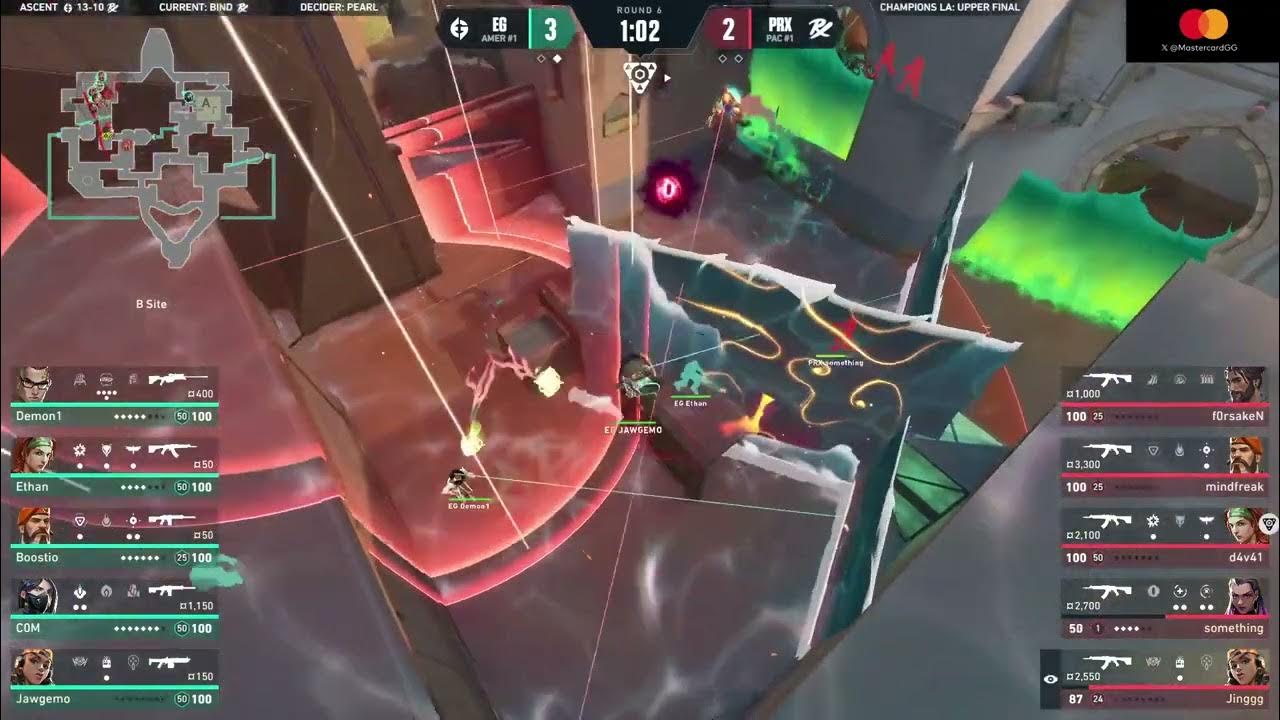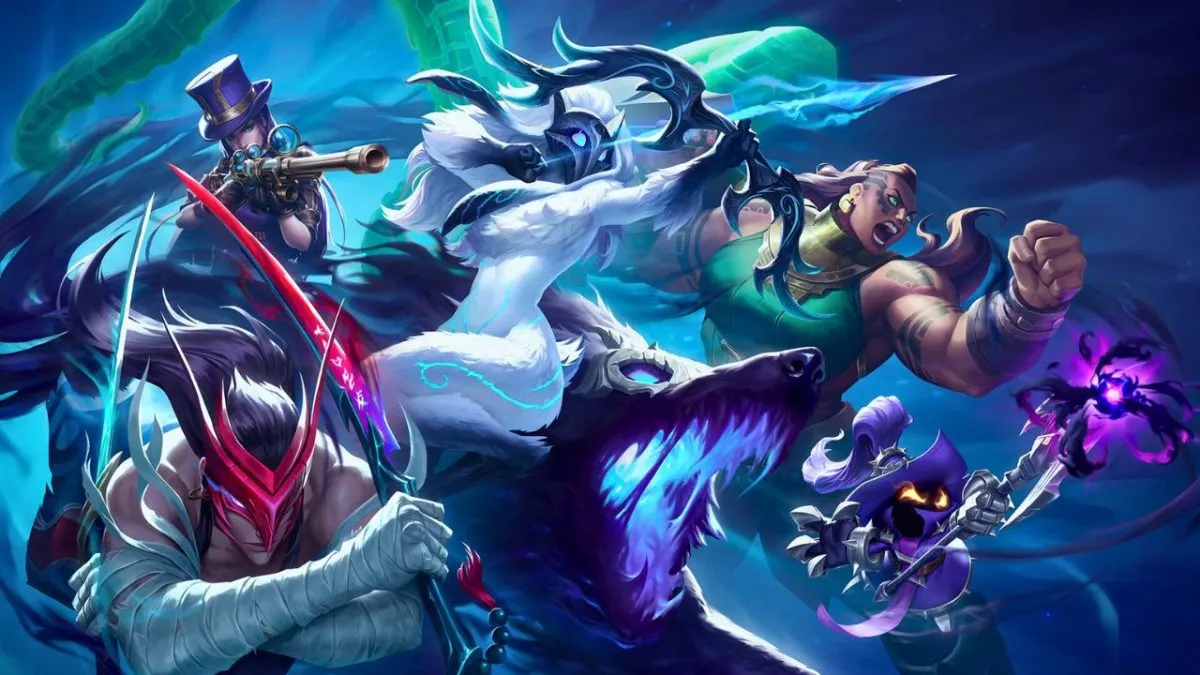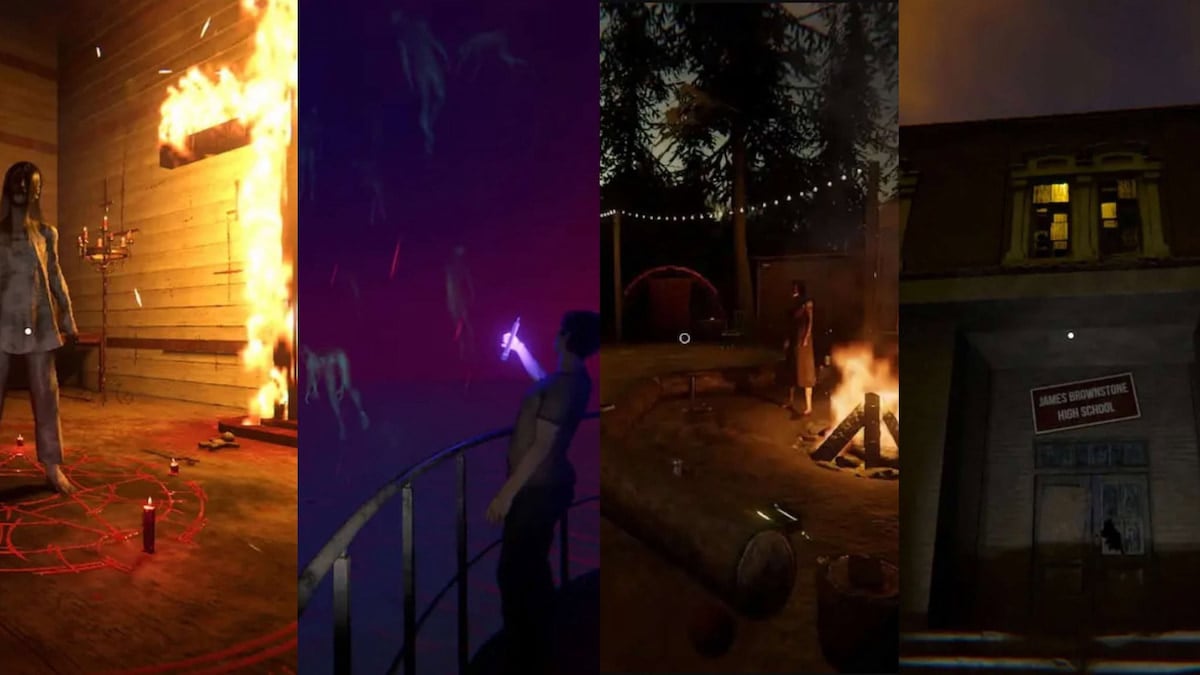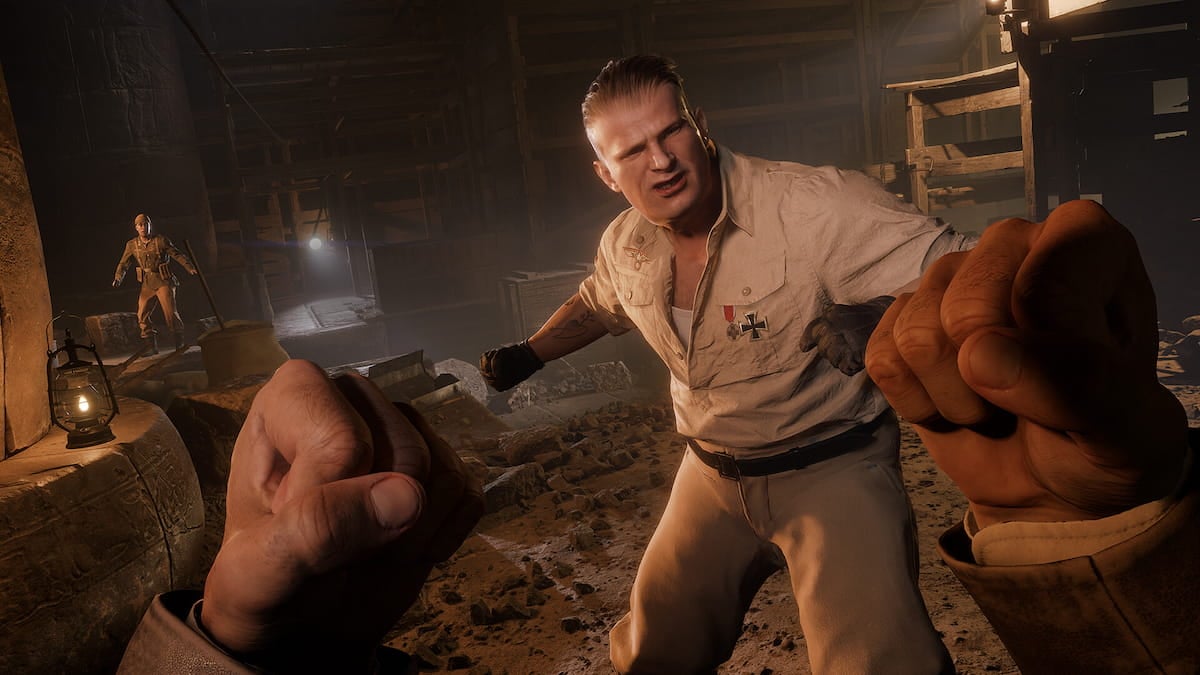Some people are naturally good at playing video games while others have to practice in order to be competitive, but recent scientific research suggests a key factor is the difference in our own personal refresh rate.
Researchers at the Trinity College in Dublin, Ireland recently found there is “considerable variation” among people’s ability to perceive and process images and information, and tied it directly to a person’s prowess in competitive gaming. A person’s “temporal resolution,” as they call it, is the rate at which they perceive the world around them, which the researchers compared to a computer monitor’s refresh rate.

The scientists used a flickering light test to determine the effective “images per second” that subjects could perceive. Subjects with lower perception perceived a light flashing 35 times per second as completely still, while others with higher perception could perceive a light flashing at rates over 60 times per second.
“We believe that individual differences in perception speed might become apparent in high-speed situations where one might need to locate or track fast-moving objects….or in situations where visual scenes change rapidly, such as in competitive gaming,” wrote one of the researchers, Clinton Haarlem.
There are several situations where people are required to perceive pieces of information at a fast pace with several distracting, random variables at work, such as when driving or walking through a busy city. But gaming, especially at a competitive level, also requires your brain to do the same thing, as you’re constantly monitoring health, resources, ammo, ability cooldowns, locations, teammate status, and time left, among other variables. Some of the greatest gamers of all time have mastered this ability.
Because of this, there’s also a strong likelihood that most people who play competitive games would have a higher “temporal resolution” than most of those that don’t, but it could also explain why certain people you queue up with have a harder time keeping up, given the high variance amongst most individuals. So remember the next time you’re playing that the person bottom fragging might just be doing the best their own brain allows.







Published: Apr 2, 2024 04:49 pm